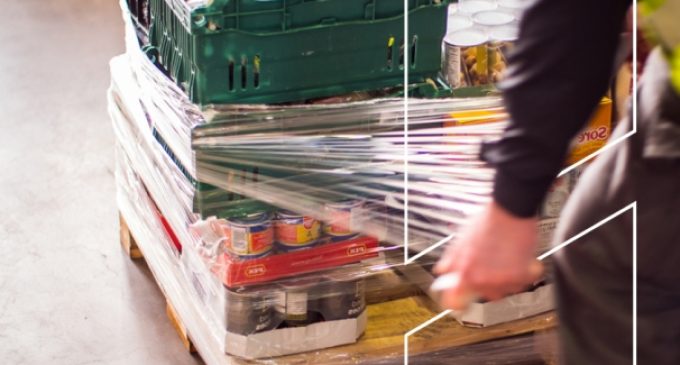Maximising Food Surplus Redistribution: A Guide For Food Manufacturing Businesses

With 16% of adults (one in six people) across England, Wales and Northern Ireland experiencing food insecurity,[1] IGD has launched a new guide to help manufacturing companies increase their redistribution of surplus food. Maximising Food Surplus Redistribution: A Guide For Food Manufacturing Businesses, is the first step in a new programme of work on redistribution from IGD. The organisation is mobilising the industry to take collective action on this critical issue and urgently accelerate the amount of surplus food being redistributed.
IGD strives to make a positive difference to society by working in partnership with industry to address the economic, social and environmental issues that matter to us all. With its unique ability to convene stakeholders from across the whole food and consumer goods system, IGD has joined forces with Ben Elliot, Food Surplus and Waste Champion for Defra, and WRAP, to launch the guide, which will be followed by the creation of a new online redistribution resources hub later in the summer.
Susan Barratt, IGD CEO, said: “Today, across England, Wales and Northern Ireland, one in six people are experiencing food insecurity. A range of organisations, including charities and community groups, help this group meet their needs for food and provide other vital services for vulnerable members of society; and the COVID-19 pandemic has seen a huge growth in the need for food to reach these organisations. Our industry has done a fabulous job supporting local charities and communities in this mission, but there is more we can do together and having spoken to lots of organisations, I know there is an appetite to drive a step change in the level of surplus food that is redistributed.
“Driving efficient supply chains and reducing waste is a priority for business, as it makes good financial sense and helps reduce the impact on the planet. However, most supply chains will produce an element of food surplus. We, and the industry, are keen to ensure that this food surplus reaches those organisations that can distribute the food to those that need it most. Food waste reduction and food surplus redistribution can also play a key role in helping the food industry deliver its net zero climate change commitments. It can save businesses money, generate revenue, drive colleague engagement and build further trust and support for our industry – a compelling business case for us to get behind.
“We hope this guide is inspiring and helpful in creating action. We need your feedback so we can continue to progress our vital redistribution work and help others to do the same, so please tell us your experience of using the guide in your organisation.”
Based on conversations with industry partners, IGD has identified the following five stages for successfully accelerating food surplus donations in a manufacturing business:
- Provide leadership and establish governance
- Identify levels and types of surplus
- Select redistribution partner(s)
- Revise processes and policies
- Embed processes and continually review.
Ben Elliot, Government Food Waste Champion, said: “When you consider the love, care and passion that goes into the food we grow, produce, sell and serve – wasting this food is just wrong. Tackling food waste is an opportunity to reduce our impact on the environment, achieve our Net Zero targets and is critical to ensuring our businesses are as competitive as they can be.
“In these unprecedented times, demand for charities and community groups and the services they provide has never been higher. Ensuring all surplus food that is safe for people to eat is made available and redistributed is a key way in which we can support those most in need and ensure good food is put to good use.”
The next phase of IGD’s work on redistribution will be the launch of a new online redistribution hub in June, which will host a comprehensive set of resources to help and support businesses seeking to accelerate food surplus redistribution.
Use the guide to accelerate food surplus redistribution in your organisation. Share your feedback and examples of what works so that charities and communities can benefit, and together, we can continue to progress this critical issue. Please contact sustainability@igd.com to get in touch.
- More than 2.6 million tonnes of food is wasted annually across UK food manufacture, retail, and hospitality and it’s estimated that a further 1.6 million tonnes are wasted in primary production. [Source: WRAP]
- A total of 26,000 tonnes of food surplus was redistributed from food manufacturing in 2018. But, across food manufacture, there is an estimated 110,000 tonnes of food surplus available for redistribution annually, which is equivalent to 260 million meals. [Source: Estimates by WRAP and IGD, November 2020]


























